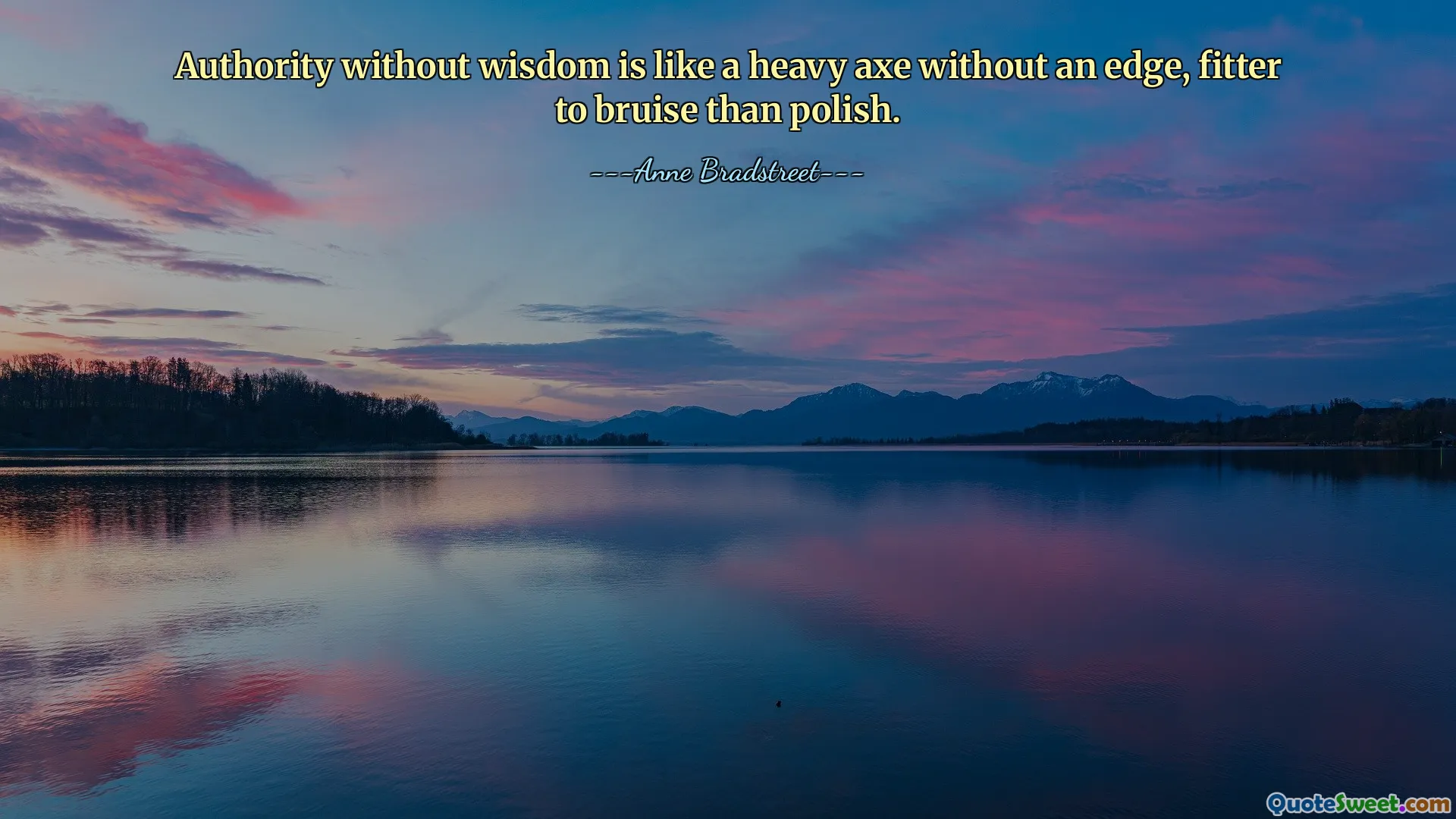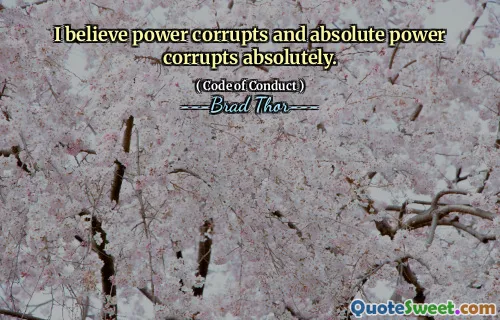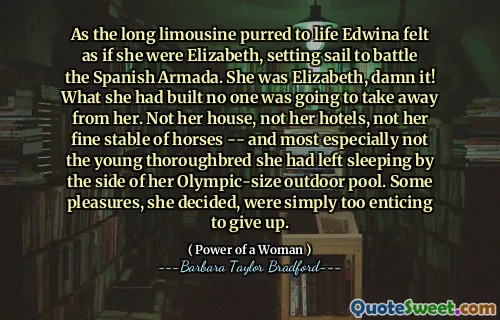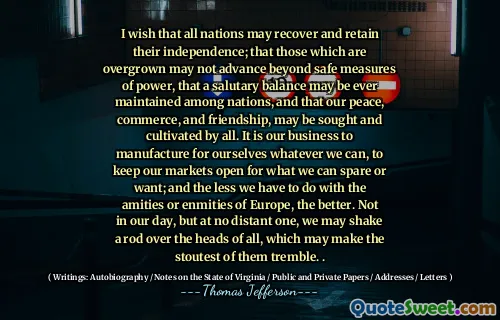
Authority without wisdom is like a heavy axe without an edge, fitter to bruise than polish.
This quote underscores the importance of wisdom in the exercise of authority. When power is wielded without understanding or discernment, it resembles a blunt instrument—a heavy axe lacking a sharp edge. Such an instrument is more likely to cause damage than to achieve constructive results. In practical terms, individuals in positions of authority need more than just the power to command; they require insight and knowledge to use that power effectively. Without wisdom, influence becomes destructive, leading to harm, setbacks, and erosion of trust. Conversely, a wise leader utilizes their authority with clarity, precision, and tact, much like a finely sharpened axe that cuts smoothly and purposefully through wood. This analogy demonstrates that strength alone is insufficient; it must be complemented by wisdom to generate beneficial outcomes. In societal contexts, wisdom guides ethical decision-making and promotes the well-being of the community. It ensures that authority is exercised responsibly, with foresight and compassion, rather than impulsively or maliciously. The quote also serves as a reminder that true power is sustainable only when rooted in understanding and prudence. Without these qualities, authority becomes a mere show of strength, likely to cause more harm than good, diminishing its legitimacy and effectiveness over time. This idea resonates across personal, political, and organizational domains, emphasizing that leadership and influence thrive on a balance of authority and wisdom.











